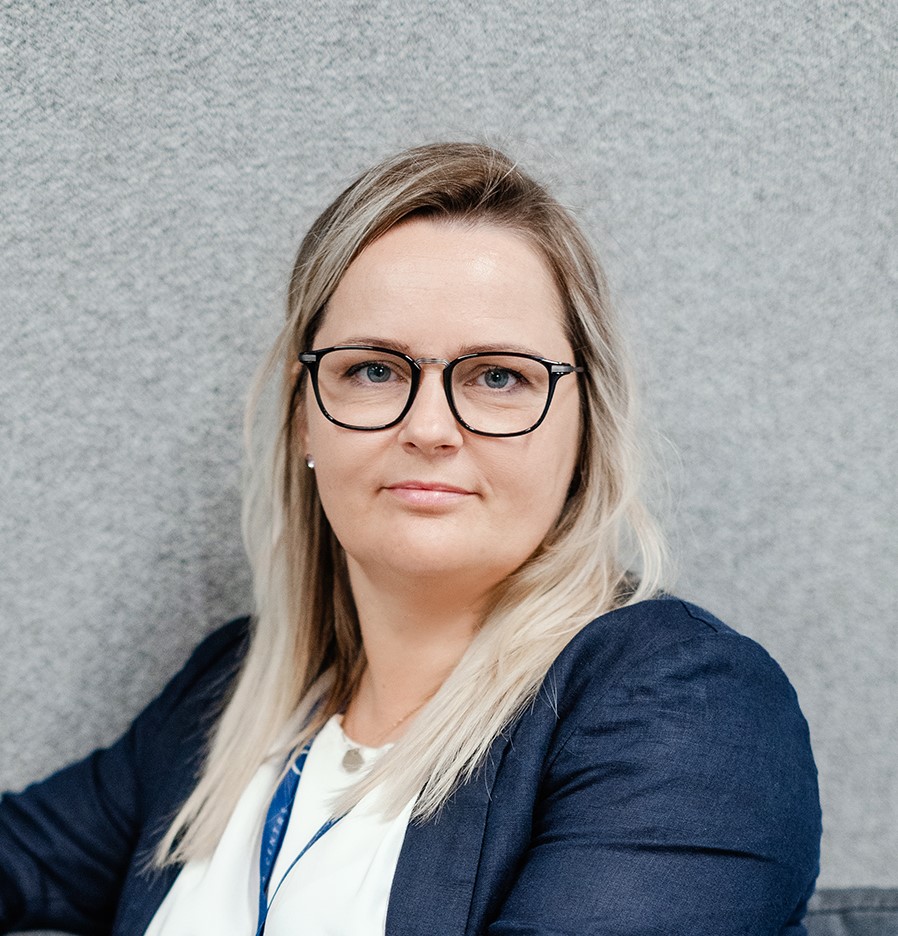Liene Savicka
Project Manager

Liene Savicka
Project Manager
Liene Savicka has more than 17 years of experience across Phase II-IV clinical trials, with a particular focus on Neurology and Psychiatry indications, including Borderline Personality Disorder, Parkinson’s disease, Alzheimer’s disease, and Schizophrenia. Ms. Savicka has experience in clinical project management, global site start-up, quality assurance, and she spent 12 years as a CRA. She has worked within both large Pharma companies and contract research organizations. During her many years working in CNS indications, Ms. Savicka has handled studies and sites across more than 12 different countries, often supporting concurrent complex studies. She has been involved in overseeing the planning, execution, and monitoring of CNS trials while providing leadership, mentoring and training to the clinical monitoring and site teams. She has also provided support in retrieving critical data for FDA submissions, as well as during EMEA inspections. Ms. Savicka is familiar with scales and assessments common to Borderline Personality Disorder, Parkinson’s disease, Alzheimer’s disease, and Schizophrenia indications, and she has long-term relationships with sites in these indications. Ms. Savicka earned her Bachelor of Science (B.S.) degree in Occupational Therapy from the Medical Academy of Latvia and a Masters of Business Administration (M.B.A.) from the Riga international School of Economics and Business Administration.
Why Clinical Research?
“During my studies at the Medical Academy of Latvia, I researched and prepared my bachelor’s thesis on the quality of life of patients after stroke. I didn’t know much about clinical trials at that time, but I understood that there are a lot of unmet patient needs and a need for new and innovative treatments. For healthy people simple tasks are easy, but for people who suffer from neurological disorders, simple activities of daily life are often challenging or impossible. When I started my career in clinical trials, I knew that this was the right place for me because it allows me to help improve patients’ quality of life and to address unmet patient needs, including giving them an opportunity to return to normal daily life, to feel useful and independent again, and to be an equal member of society.”
